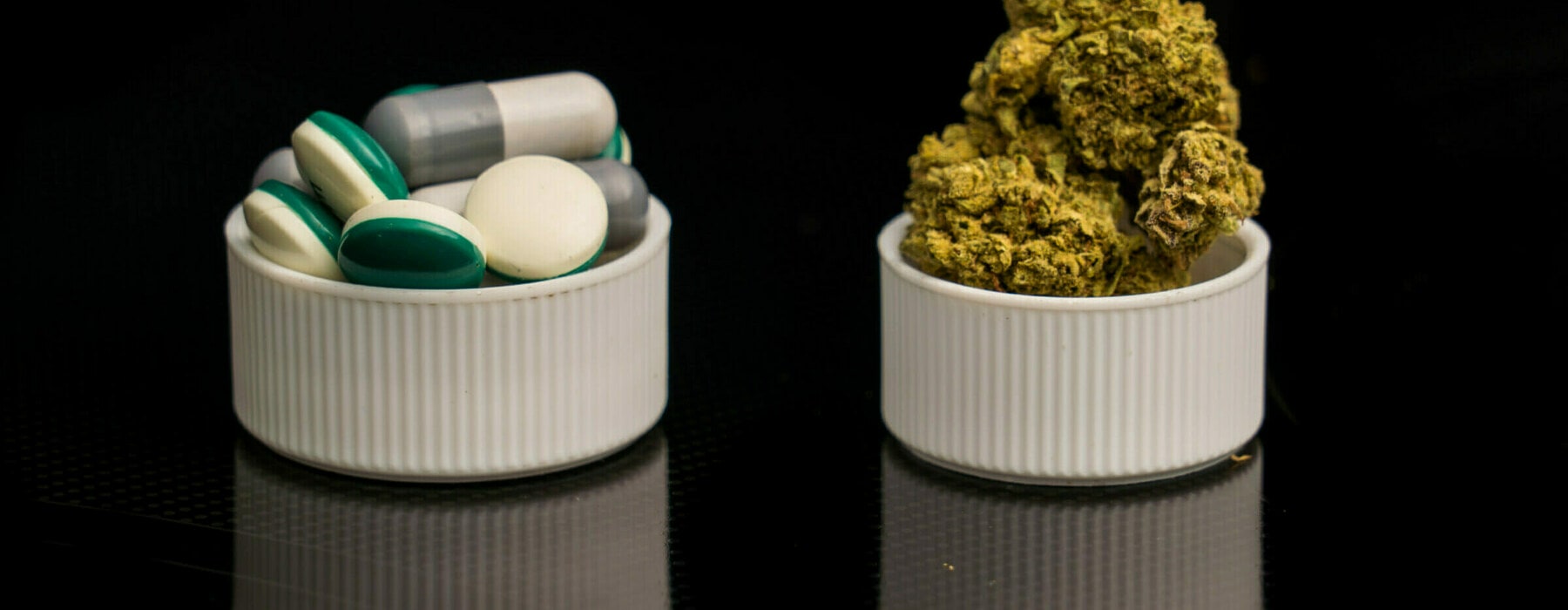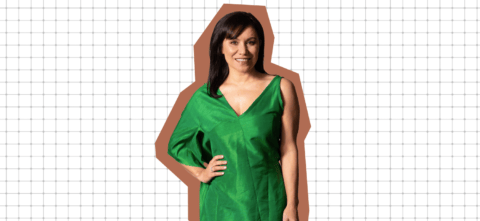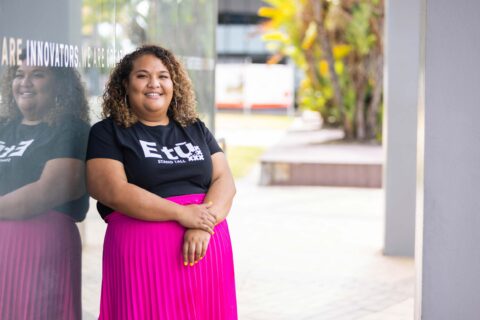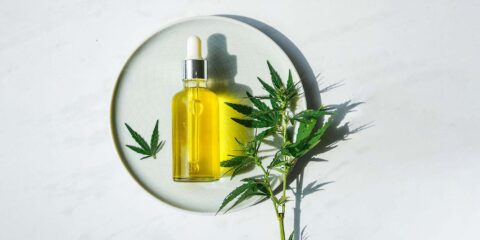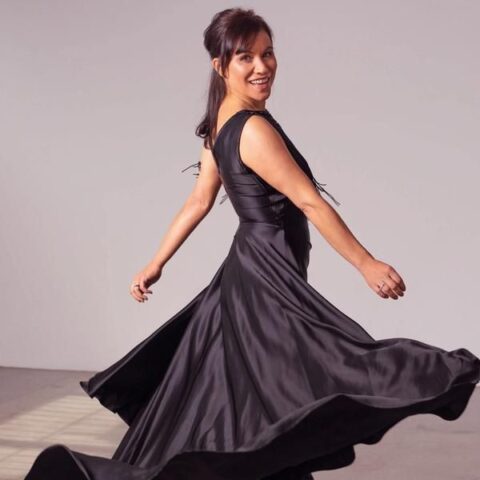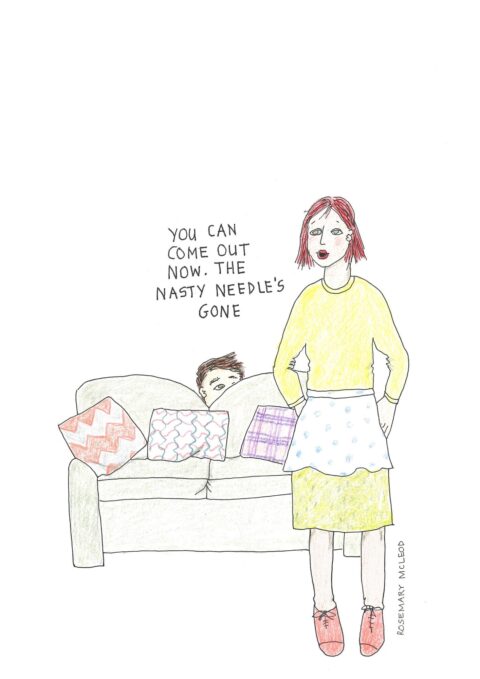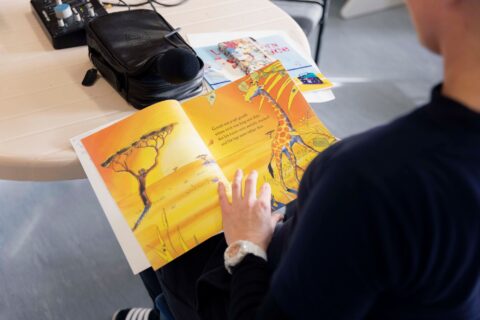Cannabis Clinic has more than 30,000 patients seeking treatment — elderly patients use THC drops for arthritis pain; cancer patients use drops to ease chemotherapy side effects; women suffering from endometriosis use THC flower products to treat period pain, and many other kinds of people with an array of backgrounds are treated with medicinal cannnabis. Dr Clare Halford is a highly respected professional in the cannabis prescription industry, and offers Woman+ her insight and wisdom on the use of medicinal cannabis and her dissatisfaction with New Zealand’s healthcare system.
Tell us about your own journey as a Doctor. How did you end up working for Cannabis Clinic?
My first memory of saying I wanted to become a doctor was when I was two years old. I made hospitals for sick birds and other animals and used to carry around my first aid kit, just in case! My siblings definitely thought I was kind of weird! So as time went on, the desire to become a doctor just got stronger and I went to medical school in Liverpool, UK and qualified in 1997.
Life as a junior doctor at that time was very difficult and I could see many of my friends around me burning out, becoming anorexic, alcoholic or otherwise damaged. Being a doctor didn’t seem to be much about healing anybody but rather about trying to survive the huge workload and sheer hours. Although I loved the clients, I did not love the ethos behind modern medicine and the limited help that it was to many people.
I came to New Zealand in 1999 feeling very disillusioned with medicine and relieved some of my stress by doing 13 bungee jumps in a row! Having got that out of my system I became a teaching fellow at Otago University medical school which was a lot of fun. I decided though that I needed to give clinical medicine another try or I would give up medicine altogether.
I tried many specialties and enjoyed some of them very much, for example paediatrics. However, my interests also lay in healing outside of the confines of the medical model and I trained as a yoga teacher and a qigong teacher (a bit like T’ai Chi) as well as studying nutrition and plant medicine along the way.
After many years working in emergency medicine I took a trip to the Amazon jungle and spent three weeks at a shamanic hospital there, experiencing Ayahuasca. This is a traditional psychedelic medicine used to heal many different physical and psychological ailments.
Not only did I ‘see’ there that my husband and I would have a little girl on September 12th (she was born on that date when I was 46, a huge miracle!) but I also had the insight that my life as a doctor was to change and become more in line with the more holistic approach that I have been studying for so long.
I tried some CBD oil for my PTSD, (I think all doctors have PTSD!) and it worked anyway that nothing ever had before. My interest was piqued and I joined the Cannabis Clinic in 2021. It was an instant fit and I haven’t looked back!
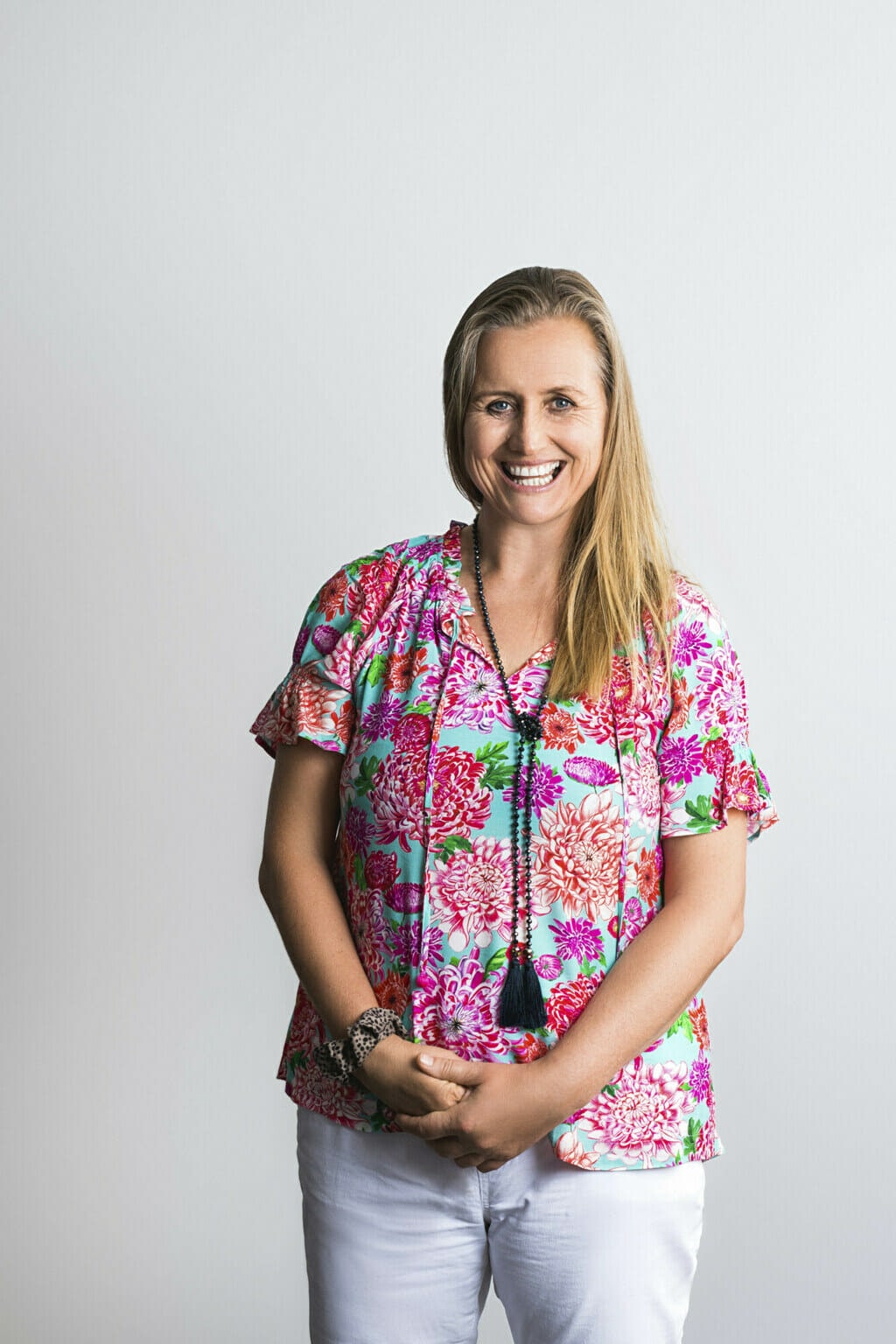
What do you consider your greatest achievement?
Being a mum! Hands down. I have put everything I could into being a mum and our four wonderful children have taught me in ways I could never have imagined before having them. Nothing in my career or in my adventures traveling/ski mountaineering have come even remotely close to the profound effect motherhood has had on every level of my being.
What do you see as the greatest injustice in Aotearoa?
That’s a very difficult question to answer because injustice is everywhere. Something I come across daily is the widespread dissatisfaction with the current health system. It really does seem like we’ve reached some sort of breaking point with it and here at the clinic, we see many people who have run out of options that might help them have a more functional lives. They are looking to other avenues to help with their health problems. Medicinal cannabis isn’t always the answer of course, but it can and does help many of those people who feel they’ve been flung into the ‘too hard’ basket by the mainstream system. I’m hopeful that as more research emerges — and clinicians get more and more personal experience of how medicinal cannabis can help their patients — that it will become more widely considered as a treatment option to add to every health professionals ‘toolkit’ when approaching health problems in general.
Cannabis is still not seen as entirely respectable, do you see that changing?
I think many people’s perception of cannabis is still Bob Marley humming reggae songs! However this is changing and I see that reflected in the demographic of people that we see in the clinic — elderly people, professional people, good, upright New Zealanders who just want another alternative that might help them feel better and to become more functional. As the word spreads, the tide is definitely turning.
At the moment Medical Cannabis is only prescribed through certain clinics. Do you see a time when it will be integrated into the healthcare system, used in hospitals and not seen as a fringe medicine?
One of my missions is to educate as many GPs as possible and empower them to start using cannabis in their own practice. Of course cannabis is not the answer to everything — it is merely another tool but a very useful one. I am hopeful that as ‘mainstream’ doctors have experience with patients and see for themselves the results and the low rate of side-effects, then they will gain confidence in prescribing and consider it alongside other options that they can offer their patients.
We do get referrals from many hospital specialists which is really heartening. There will always be people that are reluctant to try new things and who will be sceptical of cannabis — I know that I was as an emergency doctor! Again it is just going to take time and personal experience.
What do you see as the greatest benefit of using Medical Cannabis — is it for pain relief or anxiety or both? Is it safe for children to use?
When we use medical cannabis we are topping up our endocannabinoid system — a sophisticated messaging system within the body that acts like a kind of radar to pick up any imbalance that might be happening and tries to correct it.
If you have a lot going on in the body, that radar system can get depleted and topping it up can often help balance to be restored. That’s why medicinal cannabis is used for many different conditions, even those in the ‘too hard basket’ without a label as yet.
Medicinal cannabis is all about helping the person become more functional in their daily life. We see everything from autoimmune conditions, people going through cancer treatment, those with migraines and other chronic pain issues, PTSD, anxiety and other mood disorders as well as dementia, MS, Parkinson’s, seizure disorders and many other conditions. Our job is certainly never boring!
We always prefer to have a paediatrician or GP referral to see children, and yes our experience is that many children have excellent effects from medicinal cannabis. Typically, we would stick to the non-intoxicating element of cannabis called CBD.
Worldwide many children are treated successfully and safely with CBD. We very rarely see any side-effects with this medicine and it’s worth noting that it is available over the counter in health food shops in the UK and many other countries. And yet it can have life changing effects — for example, I recently had a six-year-old with intractable epilepsy whose seizures completely stopped on CBD. He recently starred in his first school play!
Many studies back up their safety and efficacy of CBD in children but it is an emerging field and we will see many more studies coming out over the coming years.
What is the best part and what is the worst part of your working day?
The best part of my working day is meeting and interacting with our very varied clients. Each one has a story to tell and I’m often humbled by their honesty and bravery. It is the most amazing feeling when I follow up with someone who was in dire straits at our first consultation and is now smiling across the desk at me. When someone tells me that ‘they have their life back’, it is just the best feeling in the world.
The worst part of my working day is dealing with my inbox! As my husband can confirm, I am rubbish with technology in any form and I hate looking at the screen all day. I feel anxious if I don’t clear my inbox and I spent many hours one finger typing on my keyboard LOL.
Do you have a motto you live by and if so can you share it?
We are here to serve God and that means showing up and offering ourselves daily in His service — I ask regularly throughout the day, ‘What would YOU have me do?’ I try to be as open as I can to all the little nudges and hints through the day that tell me if I’m on track with that — or not!
Related Article: Cannabis Grower Aimee Armstrong On Her Mission To Help People and Communities

